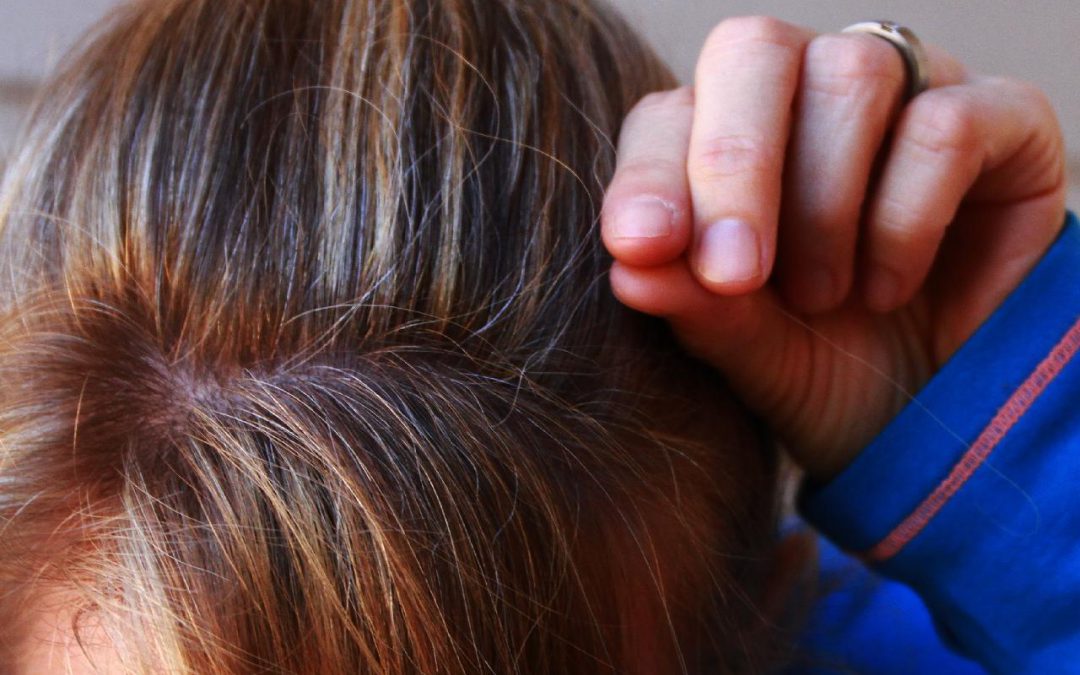 I believe we can slow the aging process. There is no such thing as a gene that is responsible for aging, although scientists do believe they have found one that is responsible for the aging of skin. And genes do play some role. If your parents lived to be over one hundred, you have a greater chance of living to a ripe old age than if they had both died in their sixties. But our genes evidently determine only between 20 and 50 percent of how long you will be alive. That leaves a lot of leeway for improving your odds.
I believe we can slow the aging process. There is no such thing as a gene that is responsible for aging, although scientists do believe they have found one that is responsible for the aging of skin. And genes do play some role. If your parents lived to be over one hundred, you have a greater chance of living to a ripe old age than if they had both died in their sixties. But our genes evidently determine only between 20 and 50 percent of how long you will be alive. That leaves a lot of leeway for improving your odds.
There are three parts of the world where people have a greater chance to live to be 100: Sardinia, Okinawa and Costa Rica. In each of these areas, people have found ways to cope with stress. The communities have strong traditions of walking, building family strengths, playing with kids, and being active. And there’s no such thing as retirement. This might indicate that being able to decrease or manage stress, have strong family or interpersonal relationships, and living an active lifestyle, including plenty of exercise, should all help.
There are a lot of products on the market that claim to maintain health and extend life; but there is no definite proof that they help – although just thinking they help could make a difference since the body-mind connection is a powerful factor.
In fact 30% to 40% of people taking a placebo for depression, pain or arthritis will feel better, according to the book, The real truth about aging. Our attitude and outlook also have a large bearing on the occurrence of illness. For example, according to the author of the book, How not to be my patient, pessimists die, on average, eight years younger than people who have a positive attitude. Cancer survival rates also increase in accordance with a person’s outlook, attitude and faith.
Your chronological age is your age in years; but what really matters is your biological age, which is an estimate of your well-being and general health compared to others your age. If you want to check your biological age, go to www.realage.com. What you eat, your lifestyle and your attitude all seem to have a bearing on how you age.


Recent Comments